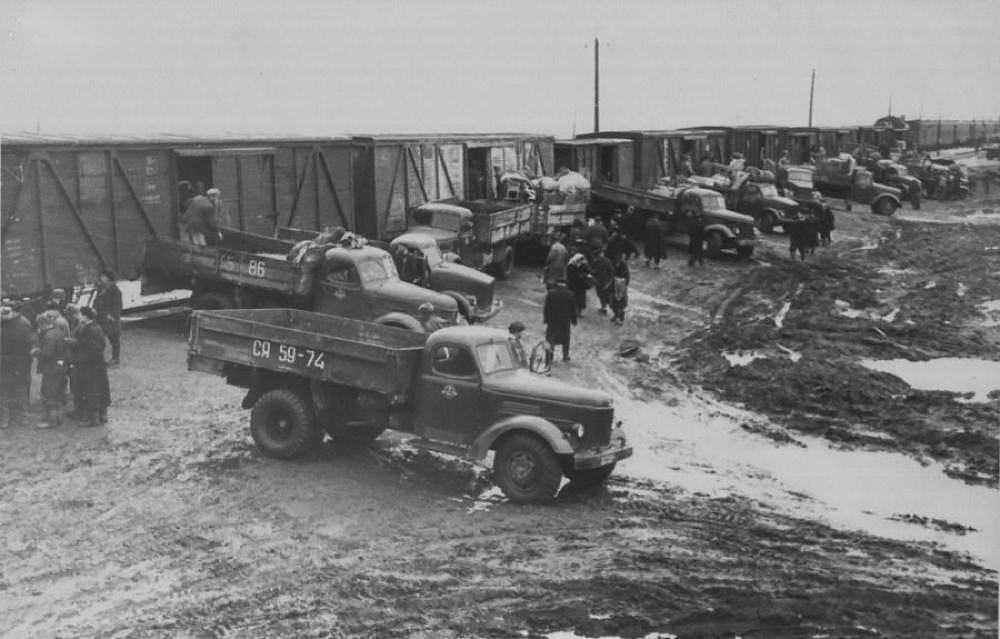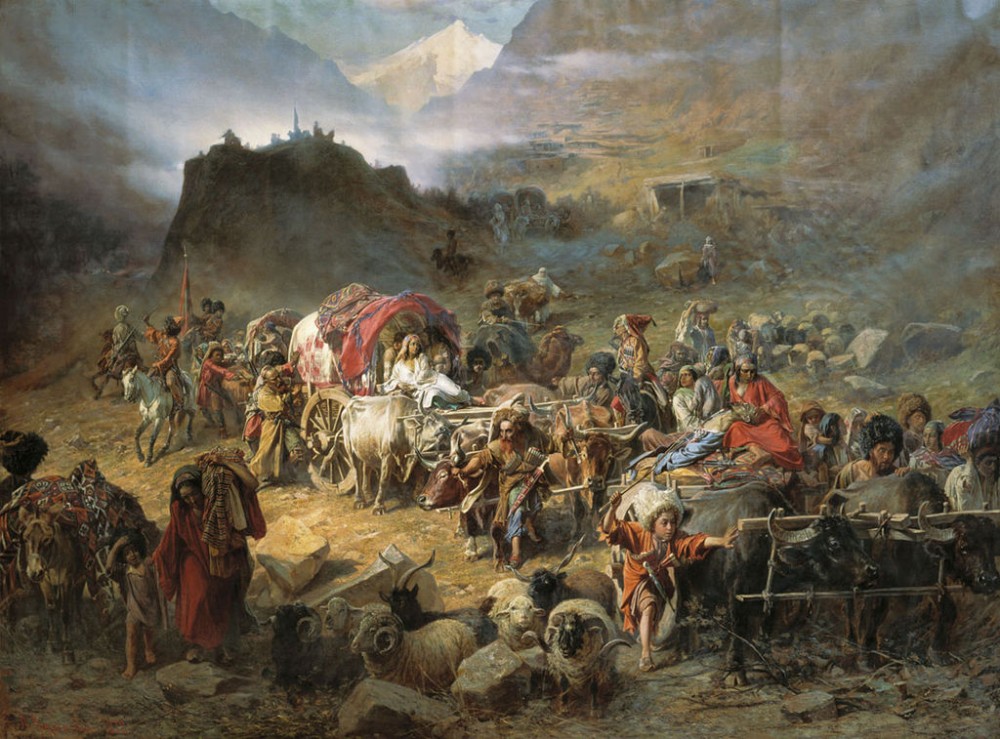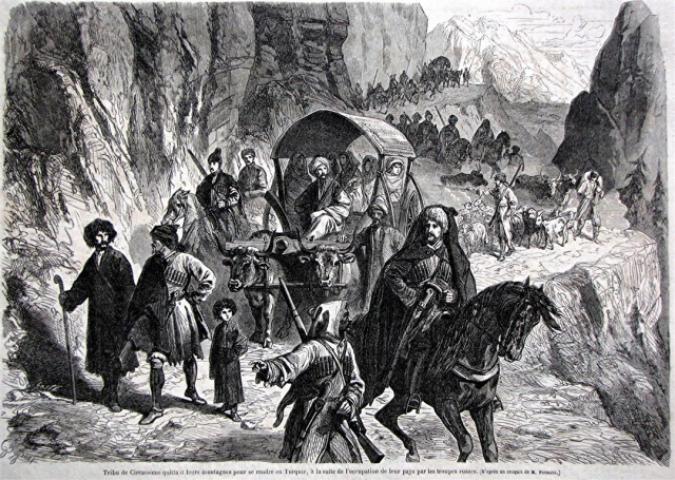Seventy-one years ago this week, Stalin deported tens of thousands of Ukrainians to Siberia and Kazakhstan, an action that is often ignored because of Khrushchev’s famous remark that Stalin wanted to deport the Ukrainians but didn’t because there were simply too many of them.
Despite the massive deaths from the Holodomor and World War II
, however, there may have been too many Ukrainians for Stalin to have been able to deport all of them; but that didn’t stop the Soviet dictator from deporting tens of thousands. And this Soviet crime too must never be forgotten.
A year ago, on the 70th anniversary of this action, Ukrainian President Petro Poroshenko said that Operation West, as the deportation was code named, led to the forcible resettlement of “more than 76,000” people. He said that Stalin took this action to “weaken the Ukrainian liberation movement” then fighting against the Soviets.
On September 10, 1947, the USSR Council of Ministers took the decision to deport Ukrainians from the western oblasts of the Ukrainian SSR to Siberia and Kazakhstan. By this decision, “the Soviet authorities planned to pull out of Ukraine all those who were defending a model of a different non-Soviet Ukraine,” the Maxim-NM blog says
.
In the weeks after that decision, Soviet officials established roundup points in Lviv, Drobovych, Rivne, Koloma, and Kovel where Ukrainians suspected of fighting the Soviets and members of their families were taken so that they could be sent as “special resettlers” to distant part of the Soviet Union.
Initially, the Soviet Ministry of State Security said it was deporting 75,000 people – that is the source of Poroshenko’s number – but subsequently the MGB raised the number to 100,000 – and according to some documents, the actual number reached 150,000 – or twice as many as Ukrainian sources have been accustomed to citing.
Because those deported could take with them only what they could carry, their remaining property was left behind; and as a result of special Soviet orders, those who weren’t deported or who had come into the region from elsewhere, often ethnic Russians, were allowed to steal or occupy what they could.
The deportation operation began on October 21; and in the initial sweep, it involved 18,866 men, 35,152 women, and 22,174 children.
“In essence,” the blog continues, “the deportation of Ukrainians by the Soviet authorities in no way was distinguished from the deportation for forced labor organized by Nazi Germany in the same places several years earlier.”
The total size of this horror is beyond imagining. Five years after the deportation, on January 1, 1953, the Soviet archives show, there were 175,063 people living in special settlements east of the Urals who had been deported from the western oblasts of Ukraine between 1944 and 1952. Because of the super-high mortality among those deported, that means the actual number of expellees was much higher.
Further Reading:
- Stalin’s terror famine killed Ukrainians at twice the rate of other nationalities, HURI study says
- Another ‘punished people’ documented – the Kola Norwegians destroyed by Stalin
- How Stalin starved 1930’s rural Ukraine to quash political enemies: Anne Applebaum interview
- A taste of Ukraine’s poetic Renaissance executed by Stalin
- 80 years ago, Stalin’s NKVD began to arrest and shoot the deaf and dumb
- Haytarma: the film about Stalin’s deportation of the Crimean Tatars Russia doesn’t want you to see | Watch online
- The Holodomor of 1932-33. Why Stalin feared Ukrainians
- Archives show Stalin was ready to give Hitler Ukraine and the Baltics
- Stalin’s deportation of Baltic peoples in June 1941 remembered





